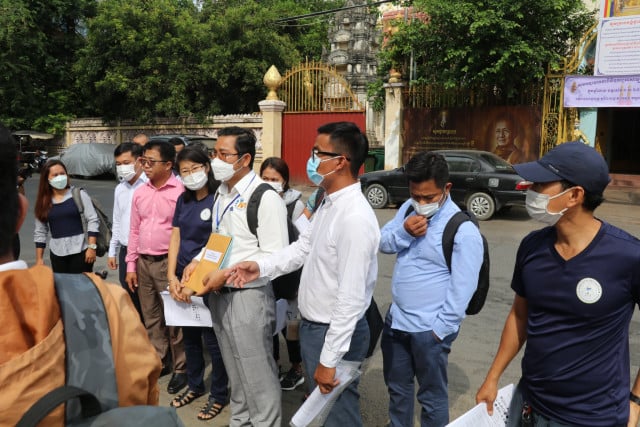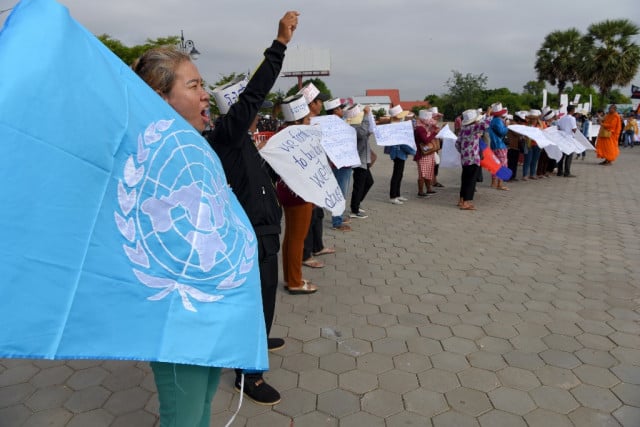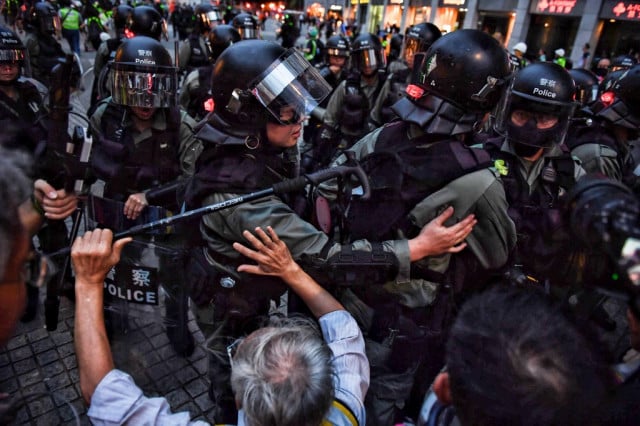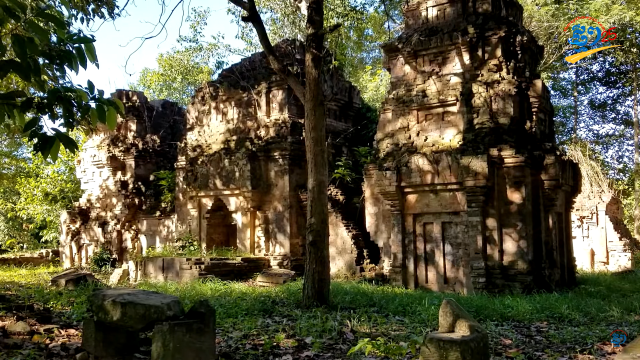Revive Stalled Information Law, PM Urged

- By Sam Sopich
- June 16, 2022 6:05 PM
Reform going nowhere despite promies
PHNOM PENH – Thirty-three civil society groups have submitted a petition urging Prime Minister Hun Sen to speed up drafting of the Law on Access to Information.
Inputs from civil society organizations should be submitted to the National Assembly for discussion and approval as soon as possible.
Nob Vy, executive director of CamboJA said civil society organizations urged the government to expedite the adoption of this law and to include other inputs by civil society organizations.
He said the draft law has been discussed since 2015. Terms of the draft law were drawn up in 2018 with input by civil society organizations.
In 2020, Prime Minister Hun Sen promised while meeting with the media that the law would be passed in 2020. In 2021 the commitment of the Minister of Information was mentioned but the draft has not yet been approved.
“This law is very important in encouraging all citizens to receive information from government institutions, especially public information,” he said.
“Journalists can also benefit a lot through the important contents of laws, such as about confidential information. This will provide a clearer explanation of the types of confidential information so journalists can complete their duties professionally and effectively.”
He suggested that ministries and institutions should prioritize any laws that promote the participation of the people in a democratic society because constructive participation is important.
If people do not have access to information, they cannot participate in the quality construction of democracy, he added.
Ith Sothoeuth, executive director of the Cambodian Center for Independent Media, said this law is very important for citizens, especially citizen journalists.
There was a lot of information about the national budget and other subjects but it was hard for citizens and journalists to request public documents as there is still no law.
Having this law helps citizen journalists actively get information from local authorities or public documents. It’s also easier for them to exercise their role professionally as a democratic country.
“I do not know why this law is prolonged and stuck because the Prime Minister has been urging that the law be issued in 2020. In 2022, it still has not come out,” he said.
“We just supported the Prime Minister’s idea that this law should be passed soon so that it will serve the public interest in almost all areas.”
Ministry of Information spokesperson Meas Sophorn confirmed the draft law has been completed at the technical working group level between the ministries of information and justice.
The Information Ministry is preparing documents in accordance with the procedures for requesting a final meeting between the leaders of the two ministries and additional recommendations for submission of the draft law to the office of the council of ministers and the legislative procedure.
“I would like to emphasize that Cambodia is not the last country in ASEAN that does not have this law. In the ASEAN region, there are only four countries that have this law, and Cambodia will be the fifth country in ASEAN,” he said.
Sophorn said the draft was widely open for consultation with all stakeholders and civil society organizations. The law was not just for journalists, but for everyone. The right to receive information from public institutions was taking a little longer to gather input and consult.
“Due to the impact of Covid-19 in Cambodia and the fulfillment of many important national responsibilities, this draft law has seen some delays in the process of requesting approval from the Council of Ministers and the legislature,” he said
“But this does not mean that the Ministry of Information has abandoned the draft law. The ministry will continue to work on the implementation of this draft law in accordance with the procedures and would like to encourage all stakeholders to allow the ministry to continue this work.”
Although this draft law has not yet been approved, Cambodia now has a law on the media and establishment of a government spokesperson unit.
“We see that the access to information of our journalists is better and the relationship between the spokespersons and journalists is better than before,” he said
He would like to take this opportunity to call on all relevant institutions, authorities at all levels and all journalists to continue to strengthen good cooperation with each other and respect their roles, duties, rights and responsibilities in accordance with the law.
Information and broadcasting director-general Phos Sovann said the ministry also wants to finish this law soon, but needs to wait for a response from the Ministry of Justice about sentences and charges.
Asking why it is delayed, Sovann said that the law-making procedure requires the consent of the relevant parties, but the provisions of the Penal Code must be joined by the Ministry of Justice to be consistent with the penalties and criminal law, which is the expertise of the Ministry of Justice.
The Information Ministry sent it to the Ministry of Justice in January, 2020, but due to the change of leadership at the Ministry of Justice and the outbreak of Covid-19, there has been a delay, especially since the Ministry of Justice has focused on other priority laws and regulations.
The draft law on access to information is a joint venture between a government working group coordinated by the Ministry of Information and civil society organizations coordinated by UNESCO and the Office of the High Commissioner for Human Rights in Cambodia.
It was completed by the technical team in 2018.















